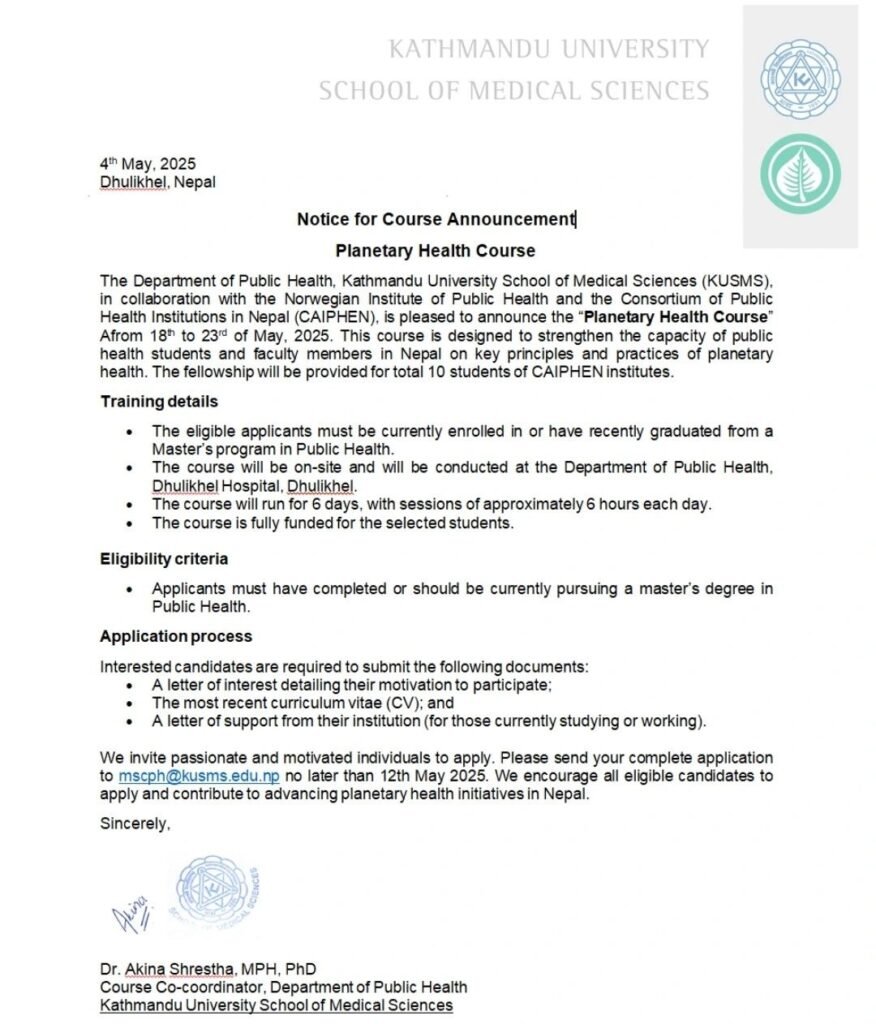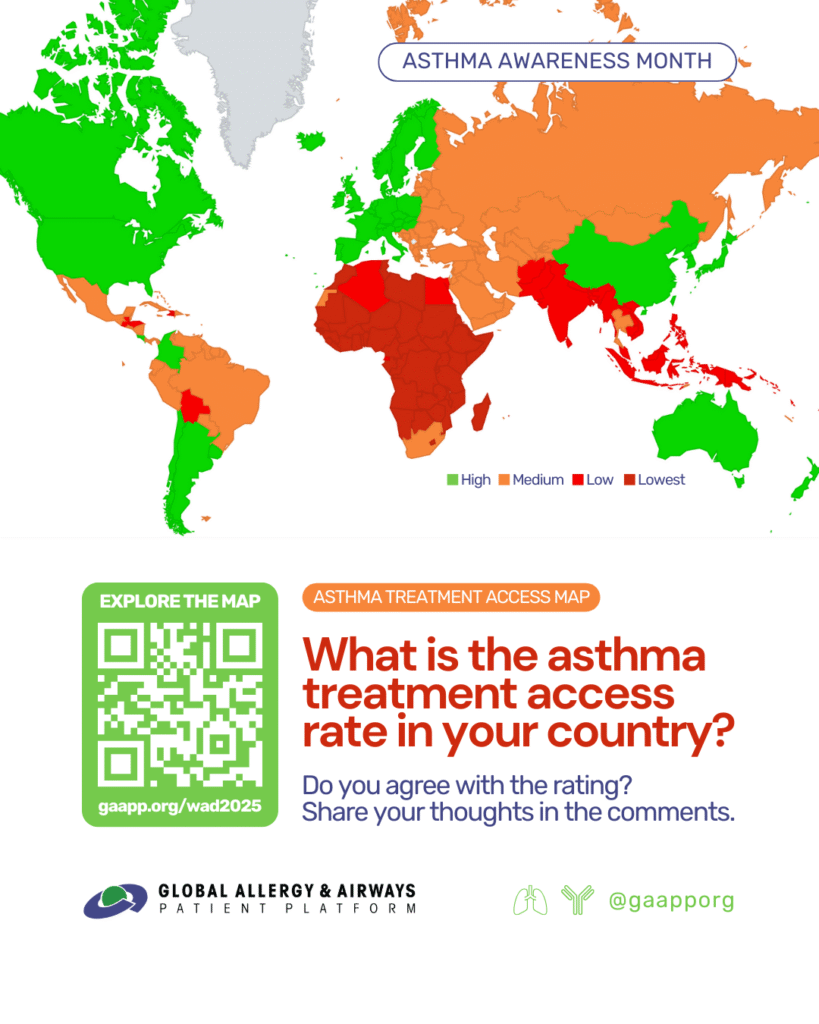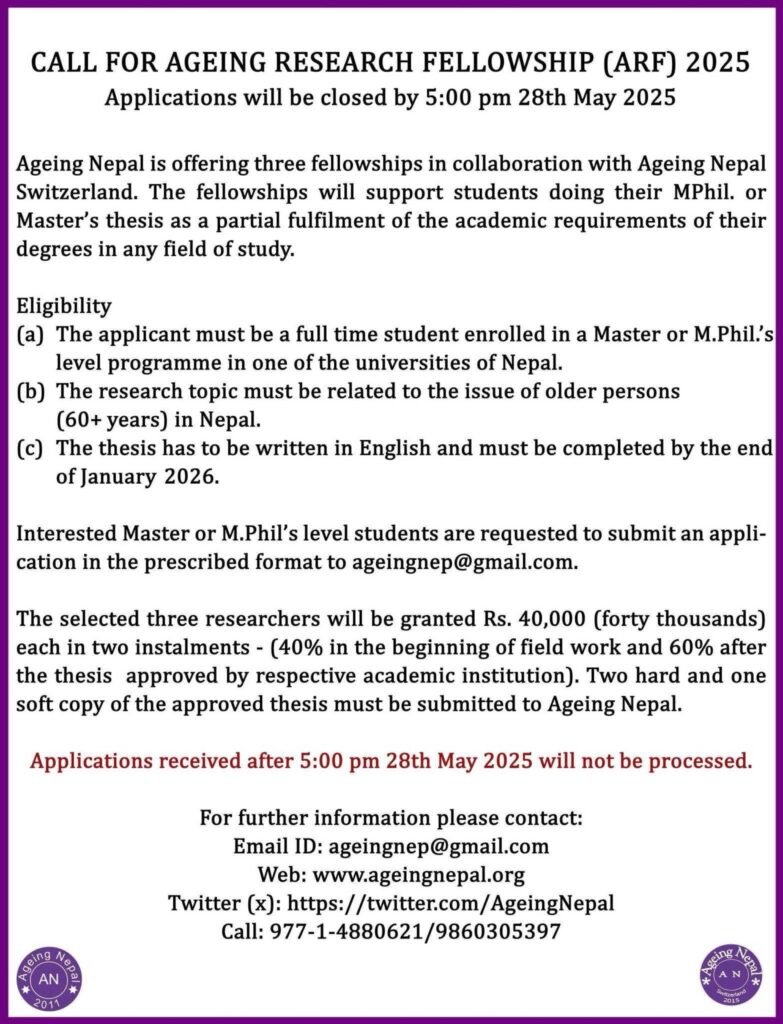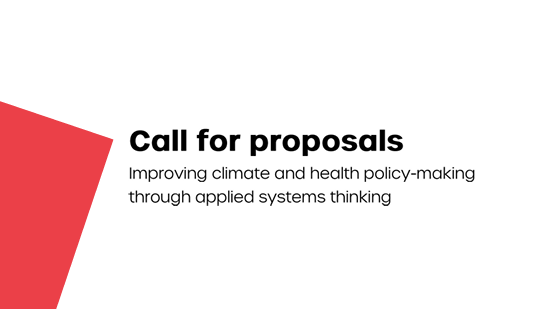Overview
The Government of Nepal has endorsed the new Foreign Aid Mobilization Policy 2082, aiming to improve the strategic mobilization of foreign aid in line with national development priorities. This policy replaces the previous foreign aid policy of 2076.
Key policies
The main objective is to channel development aid into productive and high-impact sectors that align with Nepal’s national needs and priorities, ultimately supporting the country’s path to prosperity. The new policy was formulated to address the evolving federal context, diversify aid instruments, and enhance transparency, efficiency, and the country’s capacity to manage and utilize external resources effectively.
The new policy empowers provincial and local governments to actively plan, propose, coordinate, and incorporate development aid into their activities.
The main policies outlined in the new development aid policy are:
- Mobilizing foreign aid for national priorities and country’s key development priorities
- Joint accountability of Government and development partners
- Strengthening country’s capacity to manage and utilize foreign aid effectively
- Creating an environment that supports private sector growth and mobilize development aid to attracts private investment.
If you would like further insights into the Foreign Aid Mobilisation Policy 2082 and Nepal’s health sector, please do not hesitate to get in touch with us.
mail 4 sagun @gmail.com
Do you have a website? Looking for the best hosting provider? Here’s a discount code.
Latest Public Health Jobs
Latest Posts
- Programme Implementation Guidelines for local levels (2082/083)
- Call for Experts! Technical Advisory Group on Leprosy
- Call for Experts: WHO SEA Region Strategic Advisory Group on Prevention and Control of NCDs
- World Breastfeeding Week 2025: Invest in breastfeeding, invest in the future!
- Handbook on Breastfeeding (For Pregnant Women and Lactating Mother)
Thanks for visiting us.
Disclaimer: The resources, documents, guidelines, and information on this blog have been collected from various sources and are intended for informational purposes only. Information published on or through this website and affiliated social media channels does not represent the intention, plan, or strategies of an organization that the initiator is associated with in a professional or personal capacity, unless explicitly indicated.
If you have any complaints, information, or suggestions about the content published on Public Health Update, please feel free to contact us at blog.publichealthupdate@gmail.com.
#StayUpdated















